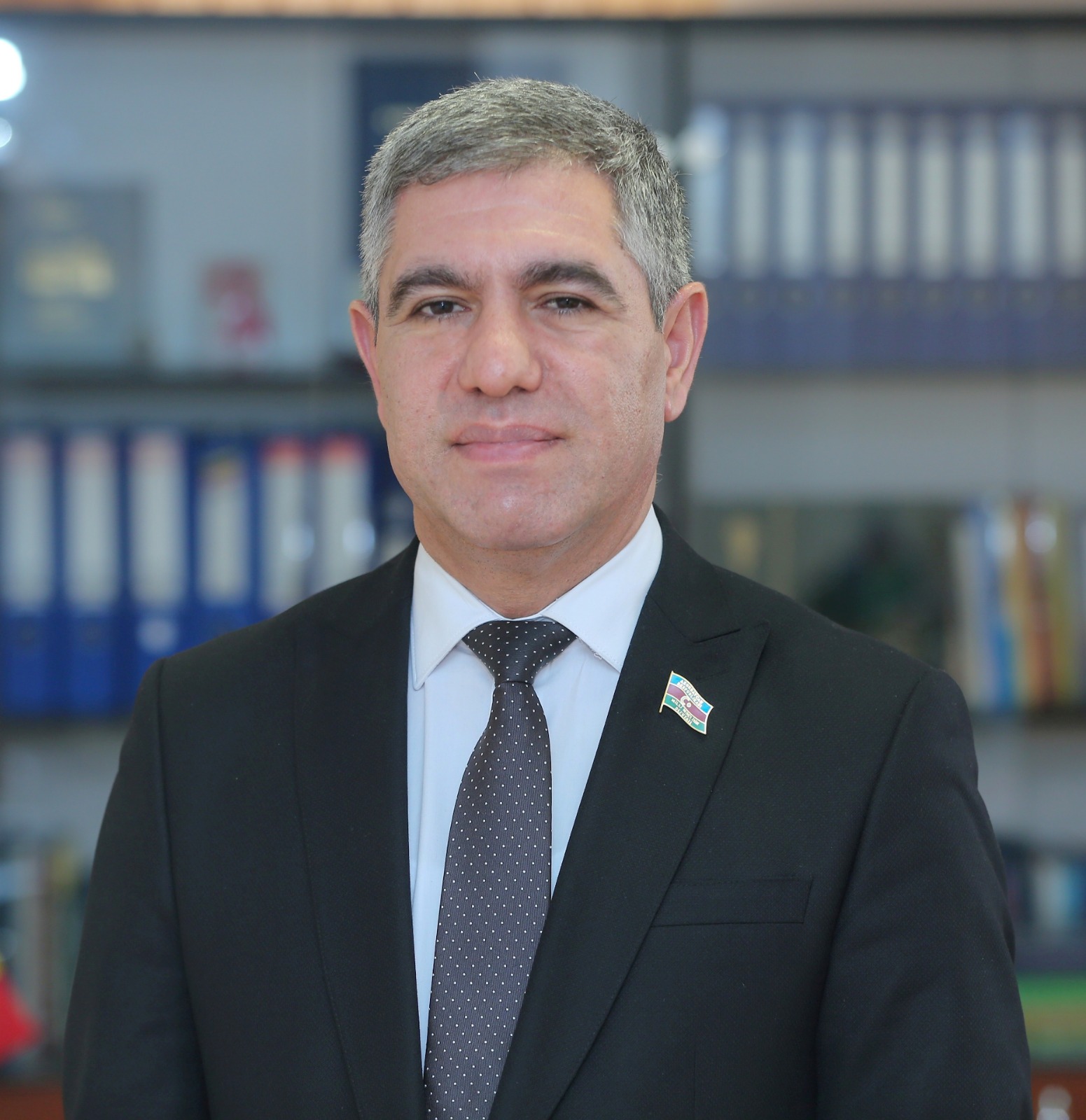By R.Ravichandran
KUALA LUMPUR, May 23 (NNN-Bernama) — Azerbaijan, which plans to sign Memorandums of Understanding (MoU) with a Malaysian think tank and a private sector economic organisation, is keen to boost trade ties and economic cooperation to fully realise the existing potential between the two countries.
In making the call, Azerbaijani Member of Parliament – who is also the Head of Azerbaijan-Malaysia Friendship Group in Azerbaijan Parliament – Vugar Bayramov said that the business community of both sides should strive harder to learn about each other’s economic potential and translate it into more trade and investment to further strengthen bilateral ties for a “win-win situation”.
He pointed out that despite 30 years of diplomatic ties, Azerbaijan and Malaysia’s business community have yet to fully explore the various opportunities, thus resulting in a very low bilateral trade volume year after year without much growth to reflect the potential.
Bilateral trade was US$94 million in 2022, while in 2021 it was US$77 million.
“This does not reflect the potential. We have room for cooperation and potential to expand the economic cooperation and relations,” he told Bernama in a recent interview at the Azerbaijan embassy in Malaysia. Also present was Azerbaijan ambassador to Malaysia Irfan Davudov.
An MP since 2020, this was Bayramov’s fifth visit to Malaysia.
He said both sides should strive to boost their imports-exports, adding that Azerbaijan is keen to export its agricultural products to the Malaysian market, while keen to import industrial goods and machinery from Malaysia.
He explained that in his discussions with the Malaysian business community, they have shown keen interest to import agricultural products such as pomegranate juice as well as establish new business contacts. Bayramov added that the agriculture sector constitutes six per cent of Azerbaijan’s Gross Domestic Product (GDP), and the country mainly exports fresh fruits, grain, potato, grapes and fresh vegetables.
He said under its economic strategy, Azerbaijan is aiming at, among others, economic diversification to lessen the country’s dependence on oil and gas exports which now constitutes about 90 per cent of exports revenue, while at the same time moving towards renewable energy for its development.
On the same note, Bayramov said policies being implemented by President Ilham Aliyev’s government is now providing more rooms and a more conducive investment climate for Foreign Direct Investment (FDI) into the country.
“Malaysia as our “reliable partner”, should capitalise on this and invest more in Azerbaijan,” he pointed out.
Bayramov explained that the Azerbaijan government, which had embarked on a massive reconstruction and restoration works in the liberated areas of the Second Karabakh War in 2020, is also keen to see Malaysia’s participation and investment in these liberated areas, mainly in tourism, agriculture, renewable energy and construction of smart cities, bridges, public and residential buildings and others.
“Now we have 10 years tax-free regime. Foreign businesses are tax exempted for the next 10 years in these areas,” he said.
Bayramov also said that in the last two years, the government has spent some US$6.5 billion for reconstruction efforts in these liberated areas, while pointing out that Turkiye, Italy, China, Japan and Britain are among the foreign investors in these areas.
“Population growth in the coming years in the liberated areas means requirement for more construction and socio-economic development; and as such, foreign investors including from Malaysia have more opportunities as well,” he noted.
Describing his visit as “successful”, Bayramov nevertheless acknowledged distance and lack of awareness and knowledge as a stumbling block for enhanced and strong economic ties – thus his visit to meet different stakeholders to gain more feedbacks.
During his visit, the Azerbaijani MP who visited Malaysian Parliament also held talks with the Federation of Malaysian Manufacturers (FMM), senior Foreign Ministry officials and the Institute of Strategic and International Studies (ISIS) Malaysia.
Bayramov said following the discussions, the Azerbaijan Chamber of Commerce and Industry (SACCI) is planning to sign a Memorandum of Understanding (MoU) with FMM to promote and strengthen cooperation between industries.
According to its website, the FMM is the largest private sector economic organisation in Malaysia, representing over 3,000 manufacturing and industrial service companies of varying sizes.
Bayramov, who is the founder and once the chairman of the Centre for Economic and Social Development (CESD) in Baku, said that both think tanks, the CESD and ISIS Malaysia plan to undertake joint research programme on food security as well as organising a study tour to learn Malaysia’s experiences in this field.
The CESD is a leading independent economic think tank in Azerbaijan with the mission to promote research and analysis of socio-economic issues in order to positively influence the public policy decision-making process.
“We also plan to invite Malaysian experts to Azerbaijan to train our people at the Azerbaijan Food Safety Agency,” Bayramov further said.
The Azerbaijan Food Safety Agency is tasked to, among others, implement legal regulation of food safety standards, and handle issues of food safety certificates for exported food products and official registration of food products and their packaging materials.
Bayramov said another objective of his visit was focused on possible cooperation in the area of Halal food certification as Azerbaijan, being a Muslim majority but secular country, is keen on learning from Malaysia on the certification mechanism process.
The South Caucasus former Soviet republic, with a population of 10.4 million, is an upper middle-income country. Azerbaijan borders Armenia, Georgia, Iran, Russia and Turkiye.
Azerbaijan and Malaysia celebrate the 30th anniversary of the establishment of diplomatic relations this year. Baku and Kuala Lumpur established diplomatic relations on April 5, 1993. Azerbaijan opened its embassy in Kuala Lumpur in June 2007, while Malaysia’s embassy in Baku was opened on April 1, 2014.
— NNN-BERNAMA






